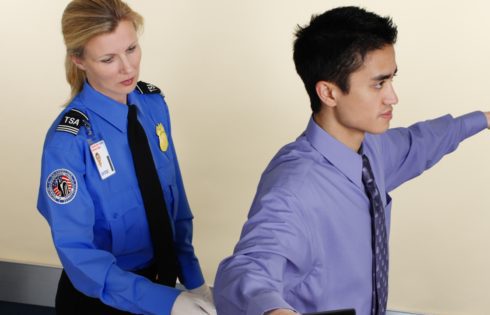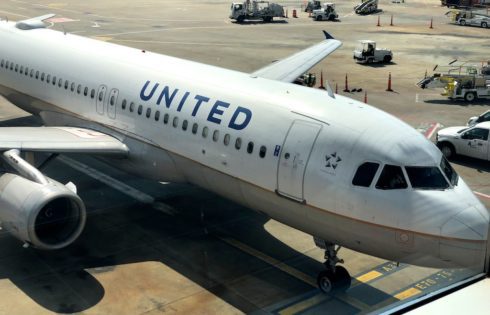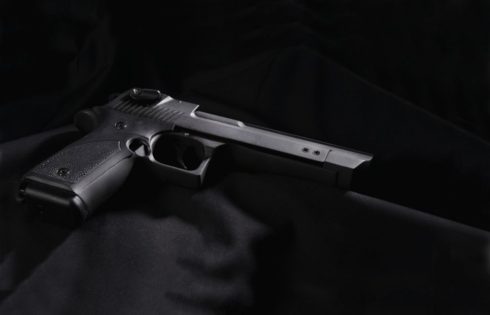
Some TSA Officers Have Guns and Arrest Powers — But Most Don’t. Here’s the Breakdown.
A lot of travelers get a little bit nervous when going through airport security. They are afraid of something going wrong and having a badged TSA officer give them trouble


